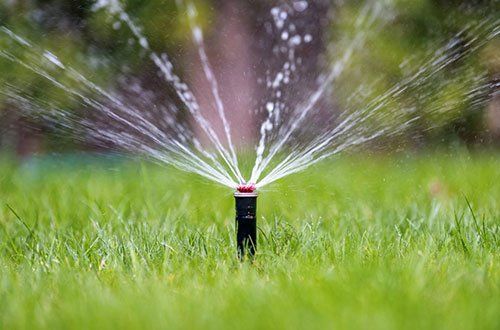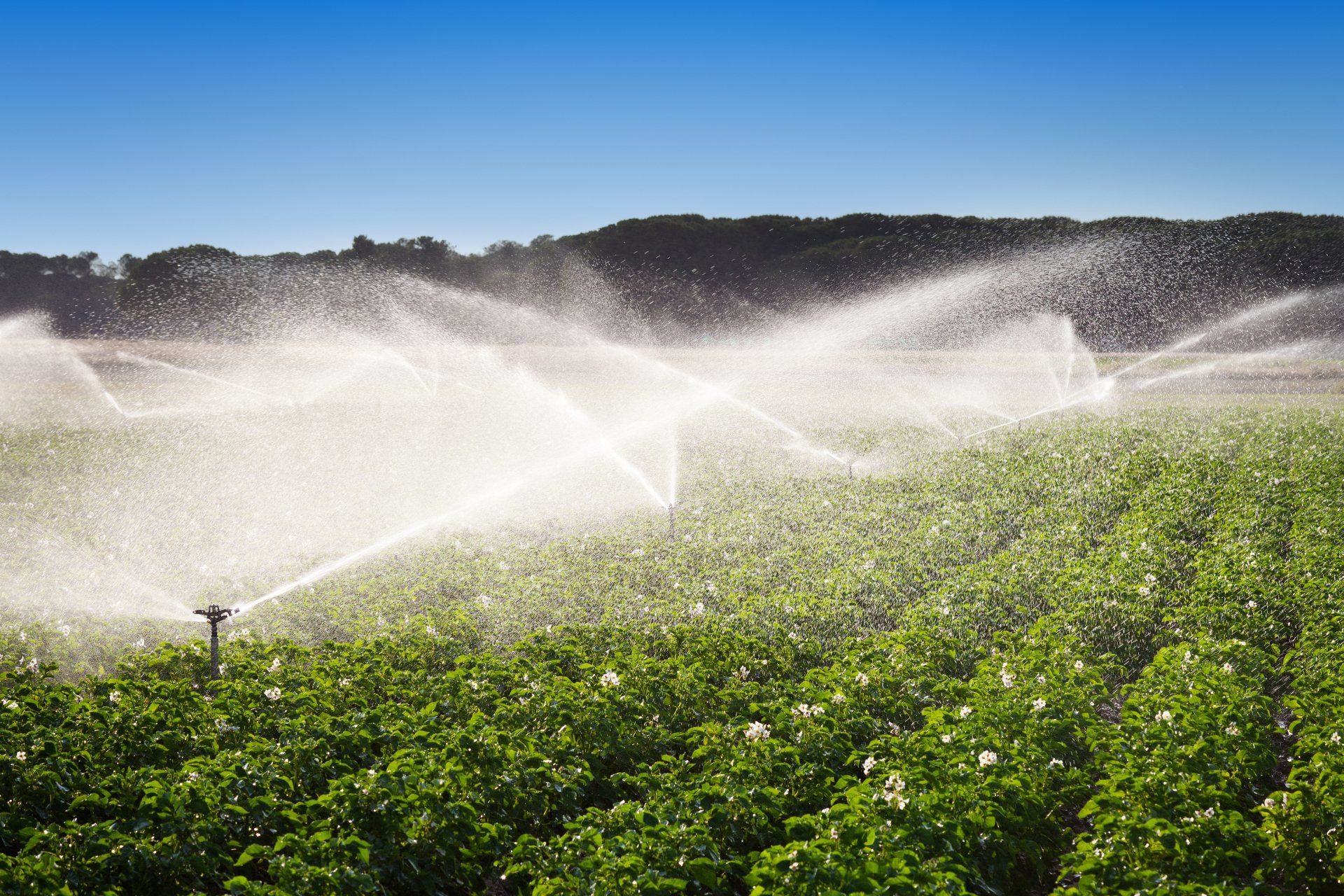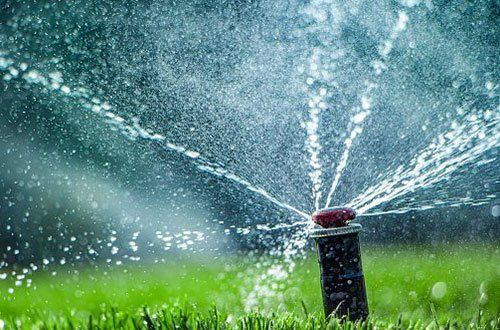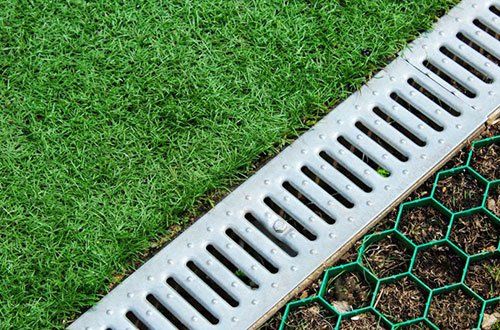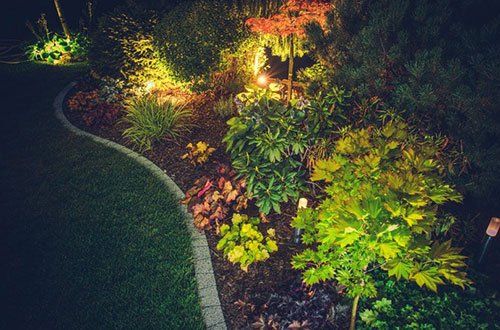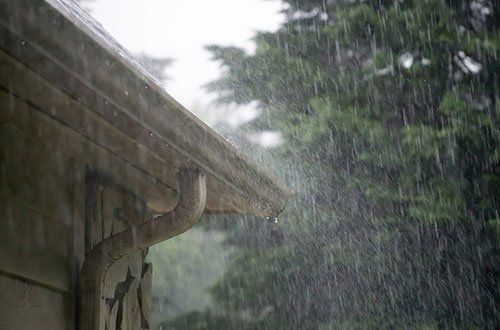Do you want to upgrade your sprinkler system to smart irrigation? Modern technology allows homeowners and farmers alike to benefit from the lower water usage and reduced energy bills that come with a smart irrigation system.
To make the best choices about your new smart irrigation system, though, you should understand how it works and why it beats traditional systems on many levels. To help you get the most out of yours, here is a short guide to smart irrigation.
How Smart Irrigation Works
Traditional sprinklers these days operate on a timer and a set schedule. You or your sprinkler technician decide how often and how much various areas, also called zones, in the sprinkler system need watering. Your yard or farm may have as many zones or as few as are logical for your landscape. A single large lawn may be divided into only one or two zones, while garden beds might all need different zones.
Then, the timers are programmed to release a set amount of water to each zone at a certain time. This may involve some trial and error, so the programming is often monitored and adjusted based on real-life results over weeks and months.
Smart irrigation uses the same zone system but replaces a pre-programmed method with a flexible setup that monitors weather or soil conditions to determine how much to water. Sensors and data fed to the system from outside sources inform the schedule. At its most basic, for instance, a smart system will be able to tell that rain will or has come and avoid wasting sprinkler water.
What the Two Methods of Smart Irrigation Are
Most smart irrigation systems base their actions on one of two types of data: weather data and soil information. Both methods have pros and cons, providing different levels of sophistication, purpose, and price range.
Weather Data
The first system waters based on weather data. In this scenario, the system would be linked to a source that gives regular, updated weather information. This source could be publicly available weather reports and forecasts, or it might use sensors placed directly at your site.
Weather forecasting and recording systems might also include historical information about how the weather tends to behave - such as by registering that this is the wet season when rain comes more often. Using some or all of these methods, the sprinklers adjust watering needs.
Soil Information
The alternative to weather data based methods is to use soil information. Soil sensors track moisture content in two ways.
In the first method, the system might utilize a programmed watering schedule but also monitor for moisture already in the ground. If the moisture level is high enough, for instance, the system would stop the next watering cycle.
Alternatively, your setup might have a minimum and maximum moisture content to trigger watering. Soil monitoring is less complex than weather tracking, but it can be very effective.
Where to Learn More
Choosing the right smart setup for your yard calls for the expertise of a qualified irrigation service. Why?
To begin with, smart systems can be complex to set up. They may also need some fine tuning of the programming to get things in a good place long-term. And since you may not be fully aware of how the system is (or isn't) working as expected, an experienced professional is a must.
At Smith Irrigation, our specialty is proper irrigation using the most modern methods available. Our smart irrigation systems will help ensure a healthy landscape while minimizing the water necessary to keep it. Call today to learn more about the options available for your particular needs. Your plants will start thanking you tomorrow.
